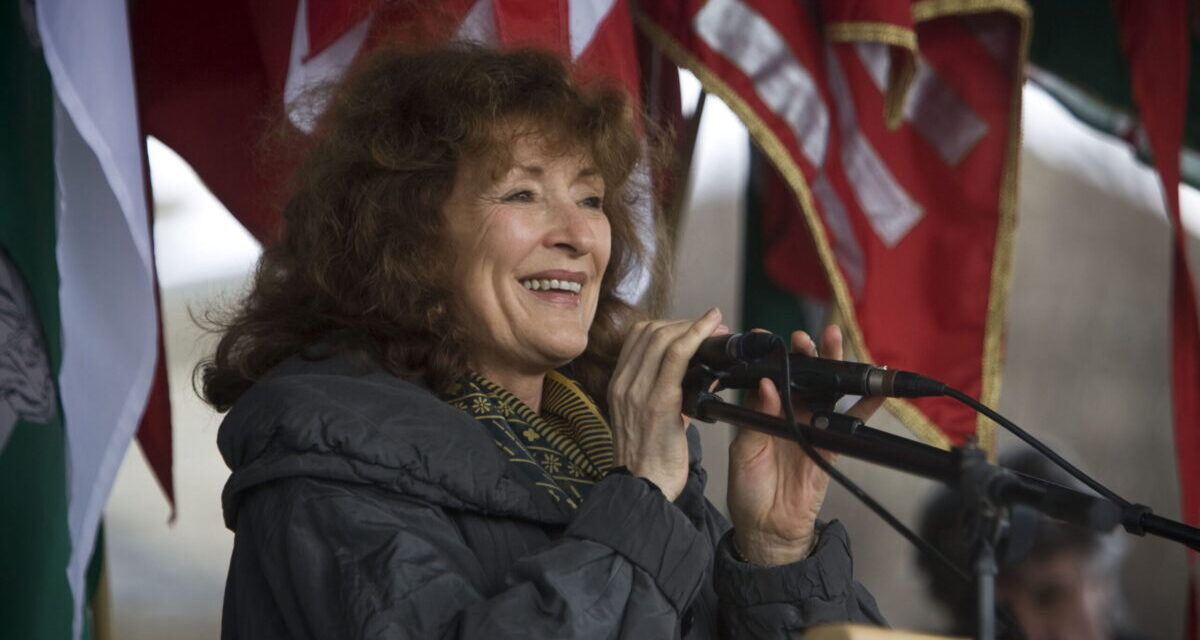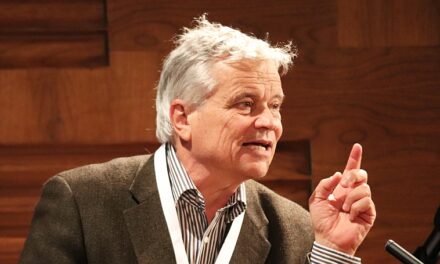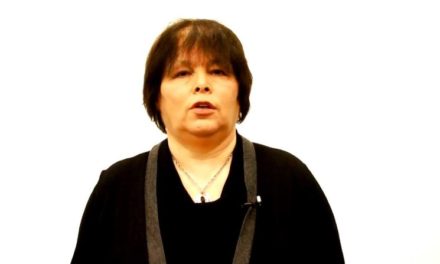"The Székely people are such a people that it would be worth loving them even if they didn't know a word of Hungarian. Even so, when they don't know a word otherwise!" Let's add it to that, the palóc is so lovable too!
The guidebook called the exhibition in the farmhouse in Sklabonya (today Slovakia) a modest exhibition, which commemorates the writer Kálmán Mikszáth, since he lived and grew up here in his youth. He wasn't right - that is, the guidebook gave the exhibition a modest label - on the one hand, because we can see a beautifully renovated peasant's house, in which we can get a lot of information about the everyday life of the great writer and his family in an exhibition that also makes excellent use of today's technology. And we can also get very thorough information about his work as a writer. Just like in the castle of Imre Madách, also born in the highlands (Alsóstregová), which I wrote about last week, with the same goal as now. In other words, to see if more and more people in Hungary - among those who have not yet done so - decide to travel to this region and pay their respects to two literary giants in their birthplace.
Well, the exhibition in the Mikszáth House is just as impressive as the one we can see in the sumptuous rooms of the Madách Castle. One is suitable for the castle, the other for the farmhouse. And if we look at both, it becomes clear in a matter of minutes that spiritual giants are born in huts, farmhouses, castles, and palaces alike, and it helps a lot to understand their life and work if we visit their birthplace.
In the Mikszáth house, for example, it also turns out that the village cemetery, which is located exactly opposite the writer's house, was an important place in the life of the child Mikszáth. Because he and his teacher weaved many tales about the beautiful cemetery, which obviously stirred the young Mikszáth's childhood imagination, they say that he spent many little tales around the cemetery.
In the memorial house - as in the Madách Castle - there are several quotes from the writer-politician. Here is one:
"The politician's work can deceive, but the artist's cannot. Speech can be a liar, the brush never."
Visiting such places is an intellectual experience if only because you can even argue with the writer in your mind. Who could certainly claim that during his own political career
"Nothing, not even money, runs out as fast as respect and authority, once you start spending it."
That the respect felt for him has not faded, neither as a writer nor as a politician, is also proven by the fact that there was a period when he was considered the most read Hungarian writer. The true saying comes from one of our literary historians (I apologize, but I have forgotten his name) that
"Every writer lives as long as he is debated."
Well, we can be happy that our writers will live a long time here, since in the Hungarian literary life we could make a long list of the names of the great writers about whom we argue quite a lot, say from Madách to Márai, and then we didn't even talk about the ones of today.
I didn't even intend to start any kind of literary exposition, this short article is a kind of weekend trip recommendation. Autumn is still long, and it is usually beautiful here. You have to go round and see Szklabonya and Alsóstregova as well. That is, the Madách Castle and the Mikszáth House. We understand a lot and can reflect on a lot if we do this. We understand Mikszáth, the Palócs, and in many respects the Hungarian destiny as well. Which also includes a saying by Mikszáth, more precisely a much-voiced opinion:
"The Székely people are such a people that it would be worth loving them even if they didn't know a word of Hungarian. Even so, when they don't know a word otherwise!"
Let's add it to that, the palóc is so lovable too!
Featured image: MTI / Zsolt Szigetváry












